10 Things to Know About Your Child's Sleep

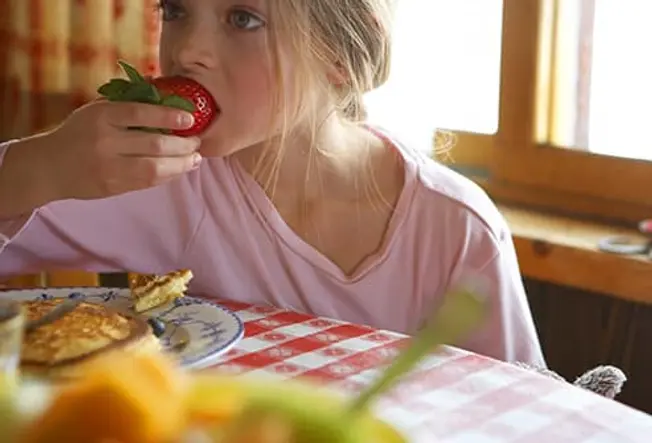
Why Your Kid Needs Their ZZZs
It's not just to keep them from getting cranky! Little bodies need slumber to grow and stay healthy. Their muscles, including the heart, repair themselves during sleep.
Sleep also controls the signals that tell your kid if they're hungry or full, which helps keep them at a good weight.

Sleep Boosts the Brain
While your kid's in dreamland, their brain stores memories from the day so they can recall them later. That's a key part of learning.
Your child also needs sleep to help them pay attention in school. If they get their shut-eye they'll get their work done faster and with fewer mistakes.
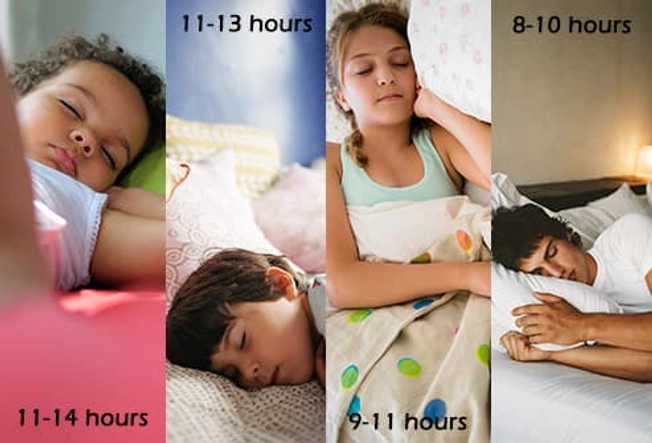
How Much Sleep Does My Child Need?
Kids need more snooze-time than you do. Got a toddler? They should get 11 to 14 hours of total sleep in a day. Three- to 5-year-olds need a little less -- about 11 to 13 hours. If your child is 6 to 13, they should get 9 to 11 hours of ZZZs. Teens need 8 to 10 hours, but how much sleep they actually get is another story.
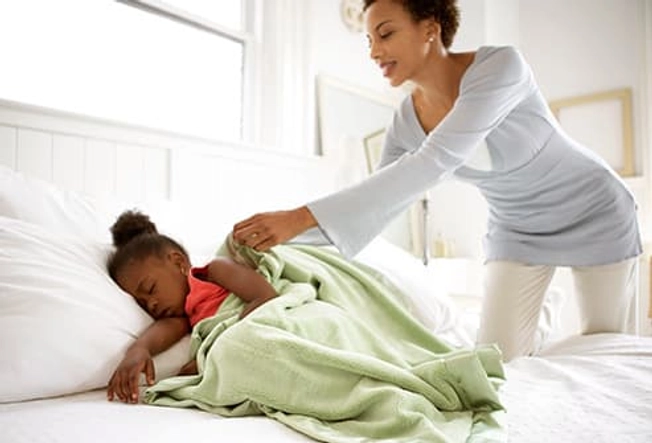
Does My Child Need a Nap?
How much your kid snoozes during the day depends on how much they sleep at night.
Your toddler may get most of their 13 hours after the sun goes down, or they may get 8 after dark and make up the rest with naps.
Most kids stop their daytime napping by age 5. If your child still does it at that age they might need an earlier bedtime.
If your teen takes an afternoon siesta, it's a sure sign they're not getting enough sleep at night and needs an earlier bedtime.

How Do I Get My Kid to Bed?
Bedtime doesn't have to be a battle! Stick to a routine, even on the weekends. It can include a soothing bath, brushing teeth, and going to the bathroom, but it should always end in the bedroom.
Plan an enjoyable wind-down activity before sleep, such as reading by dim light. Make sure your teens are not using screens in the time before bed. Also ensure the bedroom is dark, cool, quiet, and screen-free.
For problem sleepers, reserve the bed for shut-eye only -- no reading, homework, or playing games.
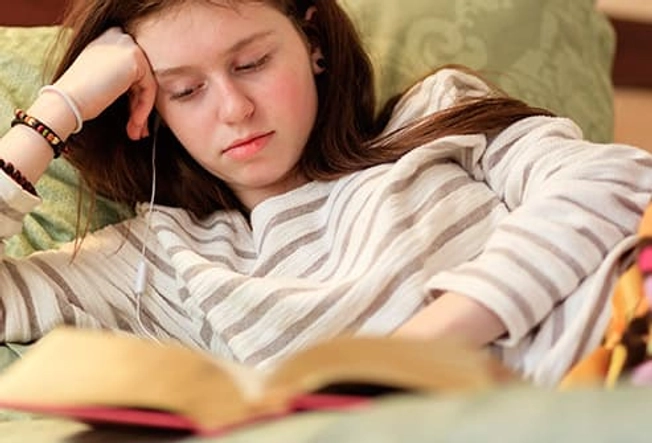
Can My Teen Get to Sleep on Time?
It's not "mission impossible," but let's face it, it's not easy either. Your teen's inner clock pushes them to go to bed late at night and sleep in the next morning.
Dim the lights at night, whether they're ready for bed or not. Keep the bedroom cool. And though it sounds like a no-brainer, tell your teen to unplug -- turn off the TV, cell phone, and computer.
On weekends, tell them not to sleep later than 2 hours past their weekday wake-up time.
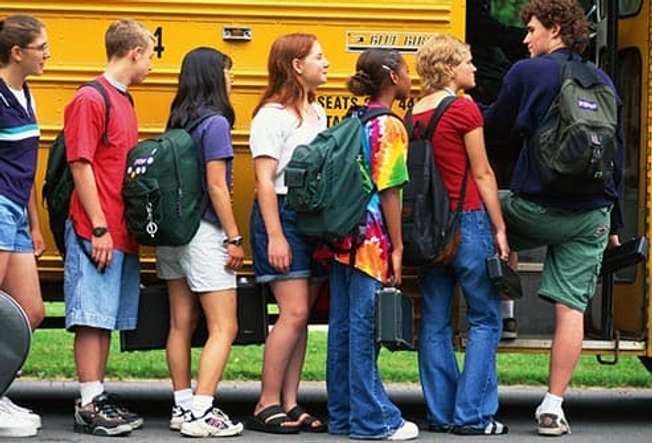
Should School Start Later?
It's a controversial issue for schools and parents, and there's no easy solution.
Many high school bells ring before 8 a.m. That makes it tough for teens to get enough sleep, since most don't hit the pillow before 11 p.m.
A later start time might give kids an academic boost. Studies show teens who get the slumber they need have better grades and higher standardized test scores.
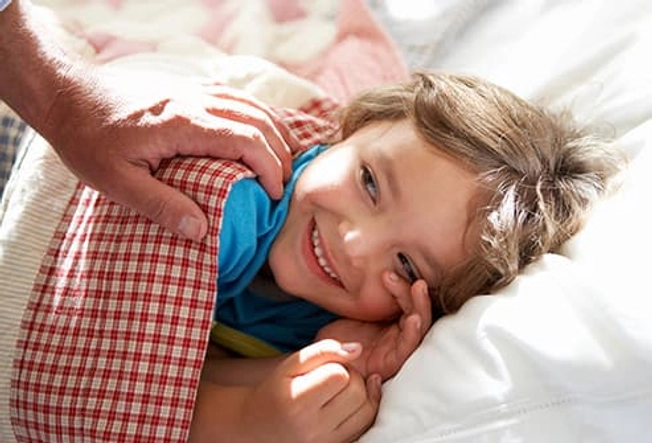
Does My Kid Sleep Enough?
You'll know your child gets regular rest if they can nod off 15 to 30 minutes after they go to bed at night. In the mornings, they'll wake up easily when it's time to get up. You won't have to go back to their room over and over to make sure they're out of bed.
More signs they probably gets enough sleep: They don't snooze in school and doesn't need naps.
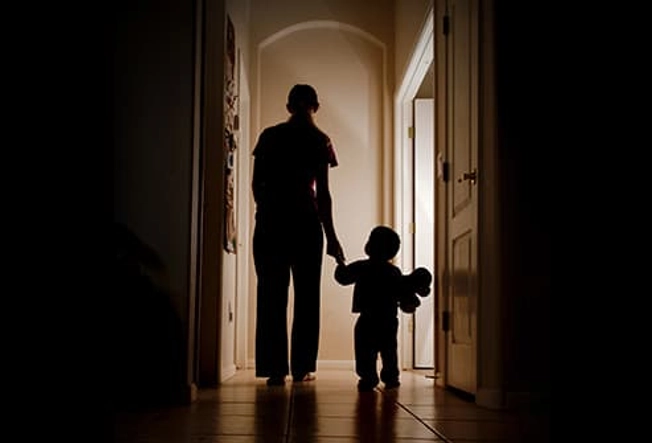
Could It Be a Sleep Disorder?
Most of the time your kid's shut-eye woes are just part of growing up. But sometimes there's a medical condition that's behind the trouble. Watch for snoring, long pauses between breaths, or trouble breathing while they're asleep. They might need to be checked for sleep apnea.
Sleepwalking, nightmares, or bed-wetting could also be signs of a sleep disorder. Check with your pediatrician to find out what you can do.
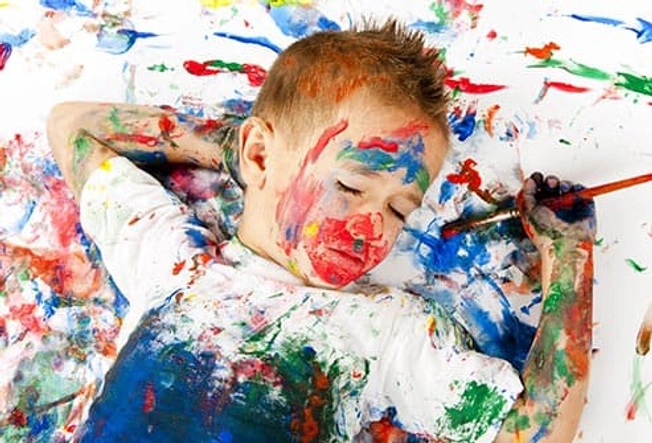
Is It ADHD or Not Enough Sleep?
Grown-ups and kids don't act the same when they miss out on sleep. You may slow down, but your child could start bouncing off the walls. This behavior may make it look like they've got ADHD. Your pediatrician can help you figure out what's going on.
If your child does have ADHD, studies show getting the right amount of sleep can help them pay better attention and act less hyper.